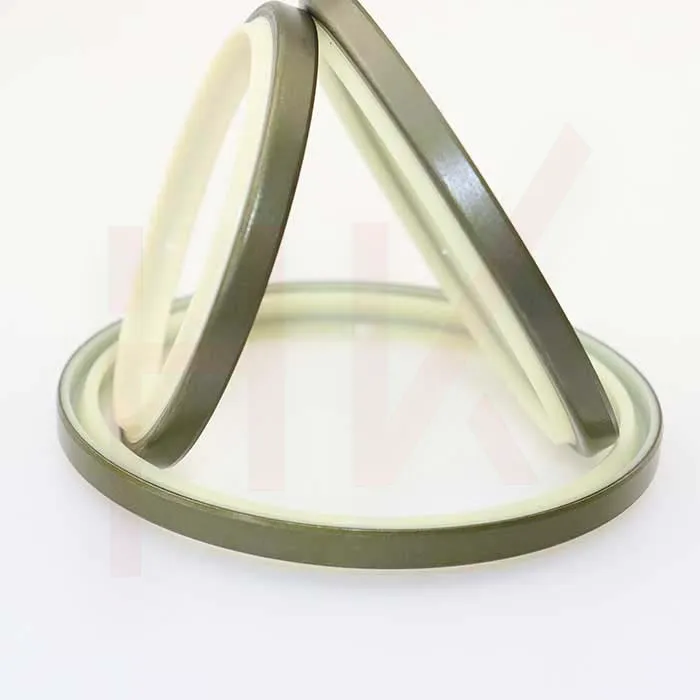ਦਸੰ. . 04, 2024 18:44 Back to list
shaft wipers
Understanding Shaft Wipers Essential Components for Machinery Performance
In the world of machinery and industrial equipment, where precision and reliability are paramount, the role of shaft wipers cannot be underestimated. These components, though often overlooked, are crucial in maintaining the integrity and efficiency of rotating shafts in various applications. This article discusses the function, types, and importance of shaft wipers in machinery.
What Are Shaft Wipers?
Shaft wipers, also known as shaft seals or wiper rings, are components designed to prevent the ingress of contaminants while ensuring lubrication retention around rotating shafts. They are typically placed at the interface between the stationary housing and the rotating shaft. Their primary purpose is to protect the internal components of machinery from dirt, dust, moisture, and other harmful materials that can lead to wear and degradation.
Functionality of Shaft Wipers
The functionality of shaft wipers hinges on their ability to create a barrier against contaminants while allowing the smooth operation of the shaft. When a shaft rotates, it can generate a considerable amount of friction, which can lead to heat and wear. Shaft wipers reduce friction by ensuring that the lubricant stays in place, providing a lubricated surface for the shaft to rotate against. This not only extends the life of the shaft but also maintains optimal performance levels.
Moreover, effective shaft wipers can prevent leaks and loss of lubricants. In applications where precise lubrication is critical, such as in hydraulic systems, even a small leak can lead to significant performance issues. By maintaining a tight seal, shaft wipers help in minimizing maintenance costs and downtime caused by repairs or replacements.
Types of Shaft Wipers
There are several types of shaft wipers, each designed for specific applications and conditions. The most common ones include
1. Mechanical Lip Seals These are made from elastomeric materials and feature a lip that makes contact with the shaft. They provide a reliable seal while allowing for some degree of shaft movement.
2. PTFE Wipers Polytetrafluoroethylene (PTFE) wipers are known for their chemical resistance and low friction properties. They are ideal for harsh environments where chemical exposure is a concern.
shaft wipers

3. Spring-Loaded Wipers These wipers use a spring mechanism to maintain contact with the shaft. They are designed to adapt to any wear that may occur over time, ensuring a continuous seal.
4. Custom-Made Wipers In some cases, standard wipers may not meet specific application requirements. Custom-made wipers can be designed to fit unique shaft dimensions, operating conditions, and environmental factors.
Importance of Shaft Wipers in Machinery
The importance of shaft wipers cannot be overstated. Their role in protecting machinery leads to numerous benefits, which include
- Enhanced Machinery Life By keeping contaminants at bay and retaining essential lubricants, shaft wipers contribute significantly to the overall lifespan of machinery components.
- Reduced Maintenance Costs With effective wipers in place, the frequency of maintenance can be decreased, resulting in lower operational costs. This is crucial for industries that rely on machinery for uninterrupted production.
- Improved Efficiency When machinery operates smoothly with minimal friction and contamination, overall efficiency is improved. This can lead to higher productivity levels and less energy consumption.
- Safety Assurance In many industrial applications, equipment failures can pose safety risks. By ensuring that machinery functions correctly, shaft wipers play a vital role in keeping operations safe.
Conclusion
In summary, shaft wipers may seem like small components in the grand scheme of machinery, but their impact is significant. They help maintain the operational efficiency, longevity, and reliability of rotating shafts, which are integral to numerous industrial applications. As technology advances and machinery becomes more sophisticated, the design and materials used in shaft wipers will also evolve, ensuring that they continue to meet the demands of modern industry. Understanding their importance can lead to better maintenance practices and ultimately, more successful operations.
-
Unlocking the Potential of Hydraulic Systems with Essential Sealing Solutions
NewsAug.06,2025
-
Unleash the Power of Your Hydraulic Systems with Our Premium Seal Kits
NewsAug.06,2025
-
Specialized Hydraulic Seal Kits for Breakers, Pistons, and Presses
NewsAug.06,2025
-
Revitalize Hydraulic Systems with Premium Repair and Seal Kits
NewsAug.06,2025
-
Fortify Your Cylinders with Premium Sealing Solutions
NewsAug.06,2025
-
Elevate Hydraulic System Reliability with Specialized Seal Kits
NewsAug.06,2025
-
TCN Oil Seal Metal Ring Reinforcement for Heavy Machinery
NewsJul.25,2025
Products categories
















